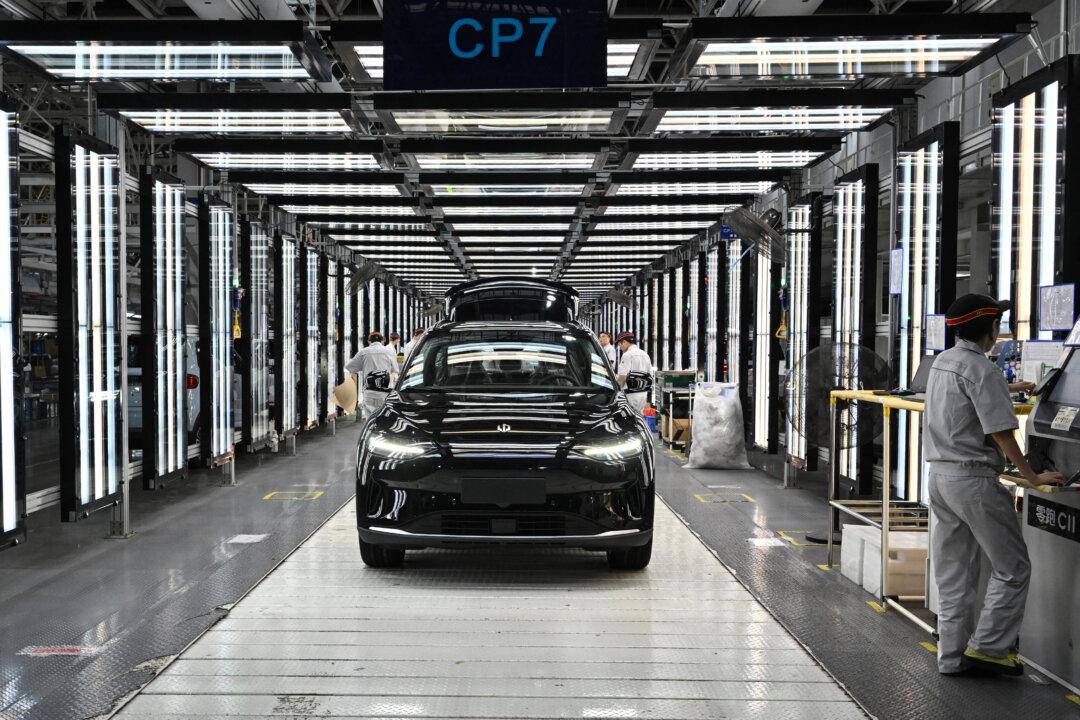The European Union has decided to impose hefty customs duties on electric vehicles made in China, in its highest-profile trade measure against the country in more than a decade.
The European Commission said on Oct. 4 that it received the “necessary support” to adopt its tariff proposals. This means it can now proceed with imposing definitive tariffs of up to 36.6 percent—on top of the current 10 percent—on EVs shipped from China.




